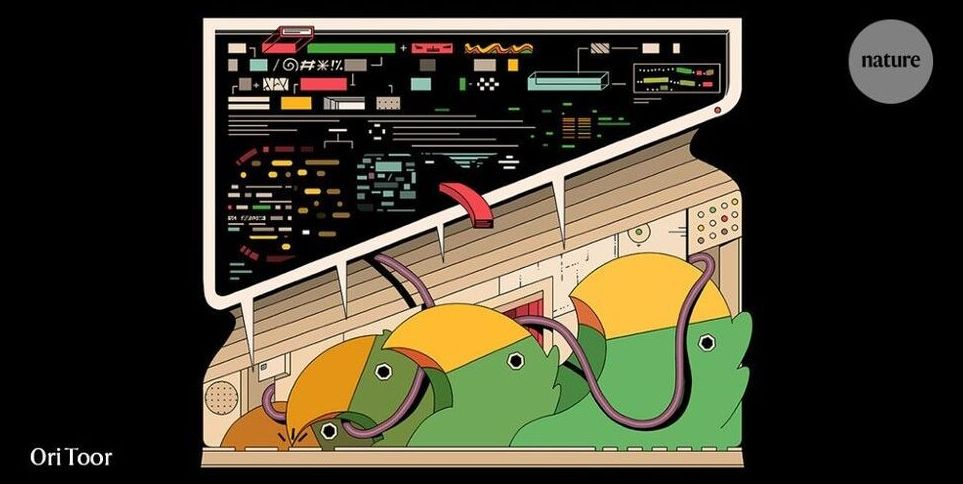Large language models are already business propositions. Google uses them to improve its search results and language translation; Facebook, Microsoft and Nvidia are among other tech firms that make them. OpenAI keeps GPT-3’s code secret and offers access to it as a commercial service. (OpenAI is legally a non-profit company, but in 2019 it created a for-profit subentity called OpenAI LP and partnered with Microsoft, which invested a reported US$1 billion in the firm.) Developers are now testing GPT-3’s ability to summarize legal documents, suggest answers to customer-service enquiries, propose computer code, run text-based role-playing games or even identify at-risk individuals in a peer-support community by labelling posts as cries for help.
A remarkable AI can write like humans — but with no understanding of what it’s saying.
